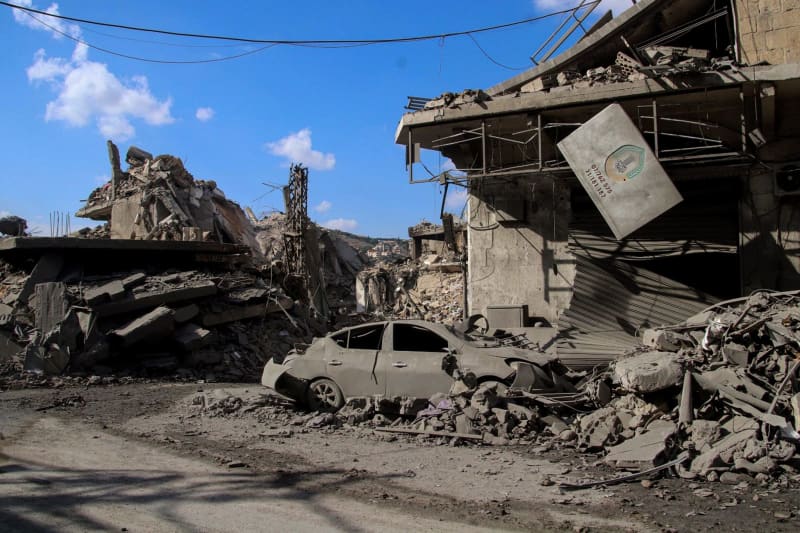Israeli forces executed multiple airstrikes on the southern Beirut suburb of Haret Hreik on Saturday, targeting a region that has remained a significant stronghold for the Shiite Hezbollah militia. The Lebanese news agency NNA reported that these airstrikes occurred after Israeli military officials had earlier urged residents to evacuate the area, heightening tensions in a landscape already fraught with conflict. The suburb of Haret Hreik, part of Beirut’s southern districts known as Dahiyeh, is densely populated, and such military actions significantly impact the local civilian population.
The recent airstrikes on Haret Hreik follow a similar attack just three days prior, marking a sustained pattern of Israeli bombardments in the region. This escalation comes as many residents of the area have begun to flee their homes, a reflexive response to the looming threat of violence and destruction. The airstrikes have raised fears about civilian safety and have added to the growing humanitarian crisis in Lebanon, where people face uncertainty amid ongoing military confrontations.
In addition to the strikes in Haret Hreik, Israeli warplanes targeted the southern Lebanese city of Nabatieh, leading to significant destruction. The air raids devastated parts of the city’s old market and municipal buildings, exacerbating the challenges faced by local communities already strained by previous conflicts. Reports from the ground indicate that the scale of the destruction is considerable, with infrastructure damage likely to hinder recovery efforts and further complicate daily life for residents.
Lebanon has historically been a site of tension and conflict, particularly due to the presence of Hezbollah, which has become both a military and political force within the country. The Israeli military’s ongoing operations against Hezbollah reflect a broader regional struggle for power and influence, where airstrikes serve as a form of military engagement aimed at crippling the militia’s capabilities. The repeated targeting of Dahiyeh and areas like Haret Hreik underlines the fragile security environment that exists in Lebanon and raises questions about the long-term implications for civilians caught in the crossfire.
The international community has expressed concern over the civilian impact of such airstrikes, particularly in densely populated areas like Haret Hreik and Nabatieh. As both sides in the conflict continue to engage with escalating force, there are increasing calls for restraint and for prioritizing humanitarian considerations. The ongoing violence not only threatens to deepen existing rifts but also poses significant risks to civilian life, further reinforcing the complexities involved in resolving the conflict.
In summary, the recent Israeli airstrikes on Haret Hreik and Nabatieh have catalyzed a renewed humanitarian crisis in Lebanon, exacerbating the struggles of residents and highlighting the urgent need for diplomatic solutions. As the situation unfolds, the impacts of military actions continue to ripple through the civilian population, raising alarms about the future stability of the region. The interplay of military strategy and civilian safety remains a critical concern, with appeals for peace resonating amidst the destructiveness of conflict.

